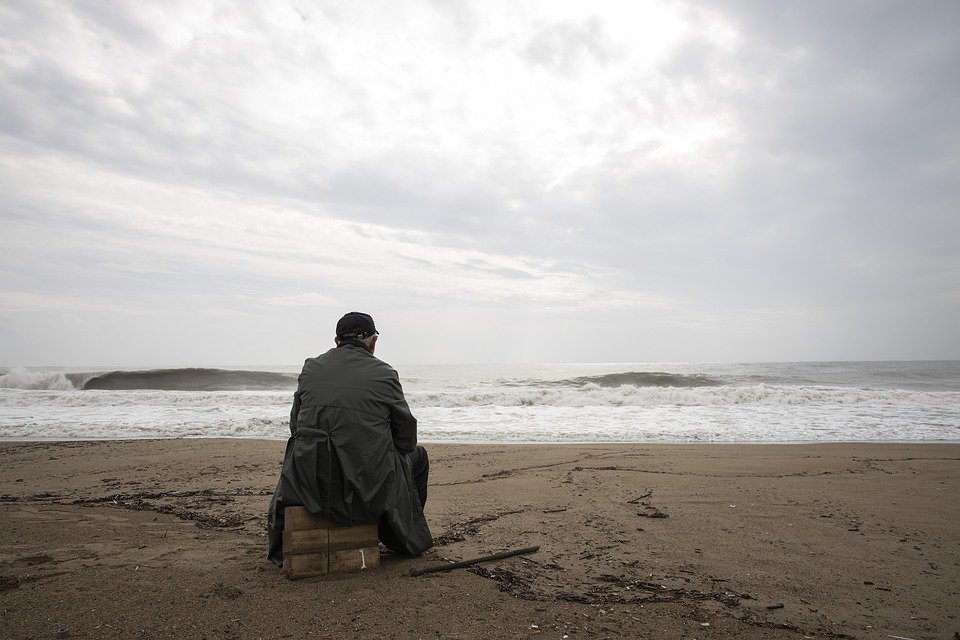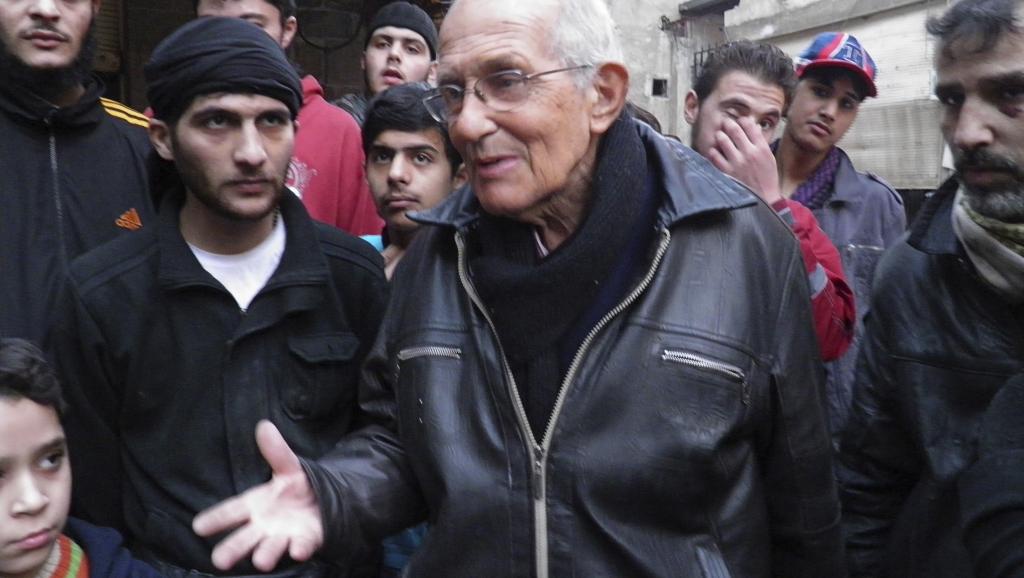Reflections on Covid-19
When isolation is a blessing!
Living in solitude and isolation has often brought me a sense of peace and equilibrium. It has enabled me to unite with my most intimate thoughts and to contemplate life and universe. Since I was in my country of origin – Syria – solitude has been my loyal companion. But here, in Switzerland, and with the increasing sense of alienation, our relationship has grown even stronger!
With the outbreak of the new Covid-19 pandemic in Mars this year and the country’s going on lockdown, I have been transferred to a new dimension of isolation that is a mandatory one! A friend of mine has jokingly described it by saying “moving from a big prison into a solitary confinement!”
As a matter of fact, it isn’t the confinement, with all its ensuing restrictions and protective instructions that trouble me. On the contrary, I am always trying to abide by these preventive measures as much as I can, and I do sincerely believe that, in the middle of this collective hysteria, they are the only available shields in my possession toprotect myself and others from getting infected or sick.
I have lost count of the number of times I wash my hands every day! I try to avoid touching my face and to keep the social distancing when outside doing shopping or having a walk. Briefly speaking, I try to follow as much as I can Covid-19 alerts and instructions that have actually become an important part of our new daily routine.
Nonetheless, what scares me most are the shocking and gruesome images and reports regularly diffused by the mass-media and social networks, of the apocalyptic scenarios awaiting mankind in the aftermath of this catastrophe! The daily updates showing the spread of the pandemic: the global confirmed cases, the death-toll and the total recovered cases, are alarming! And still worst, the absence of global solidarity and cooperation, coupled with the attempts of politicizing the crisis, are all grave factors that “are helping to fuel the pandemic”, as WHO Director-General warns.
Are we entering a new era of our history?
Four months after the emergence of the virus, the world is still in shock and great confusion, not knowing how to contain it, nor how does it behave! Every day, we hear statements issued by respectable institutions that look ambiguous and uncertain! Not to mention, speeches made by some world leaders that sounds confusing and contradictory!
How long will it take before life turns to normal? How the Covid-19 pandemic will change the way we live? I do not know! But, what do I know for sure, is that there are people who are out there, fighting relentlessly day and night this invisible and insidious enemy, at the expense of their lives: the healthcare community, the volunteers, the army…
To all these brave unknown soldiers, I bow in respect!
H. Dono
Member of the Vaud editorial staff of Voix d’Exils
La version française de cet article est parue le 29.04 2020 avec pour titre original: Réflexion sur le COVID-19




